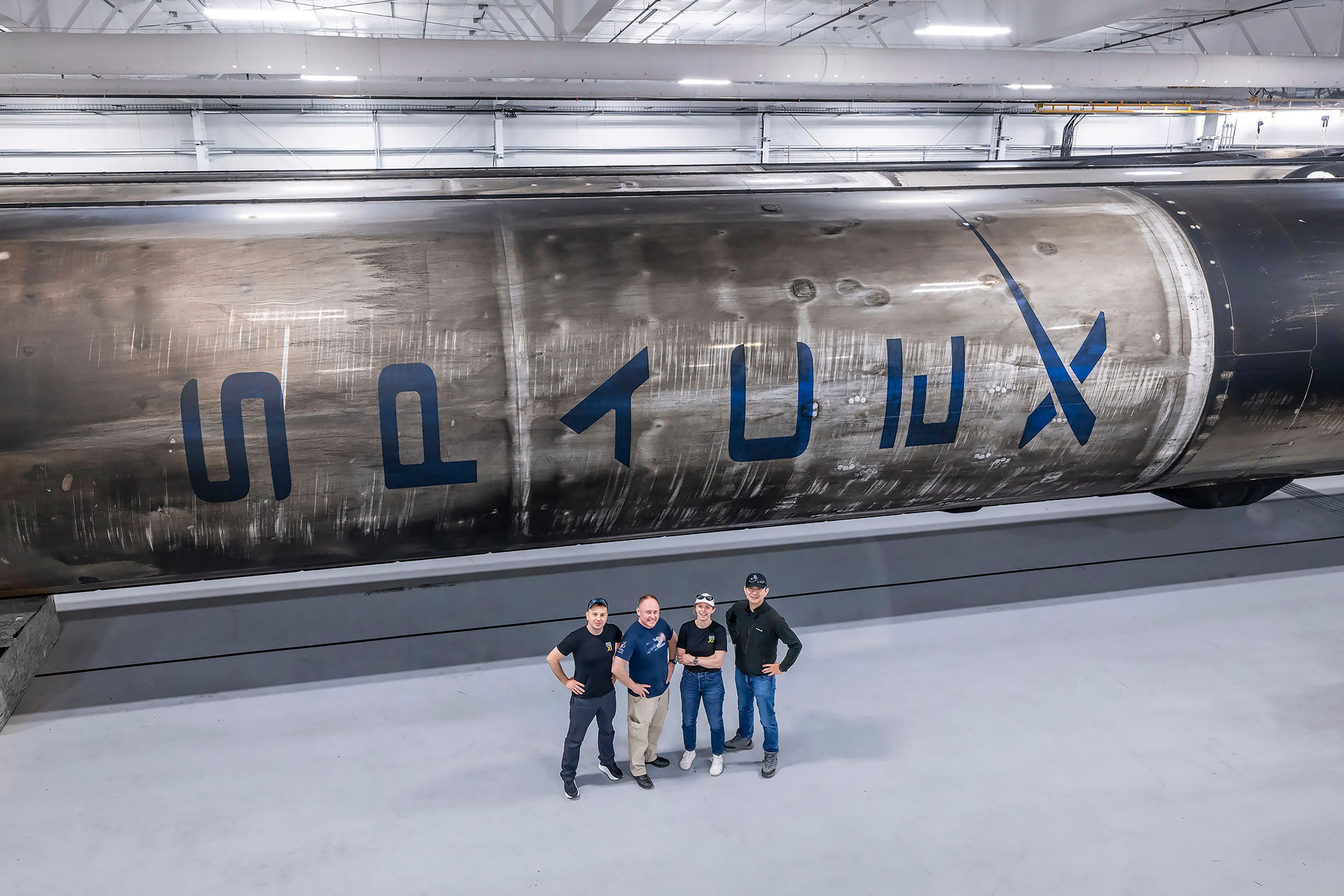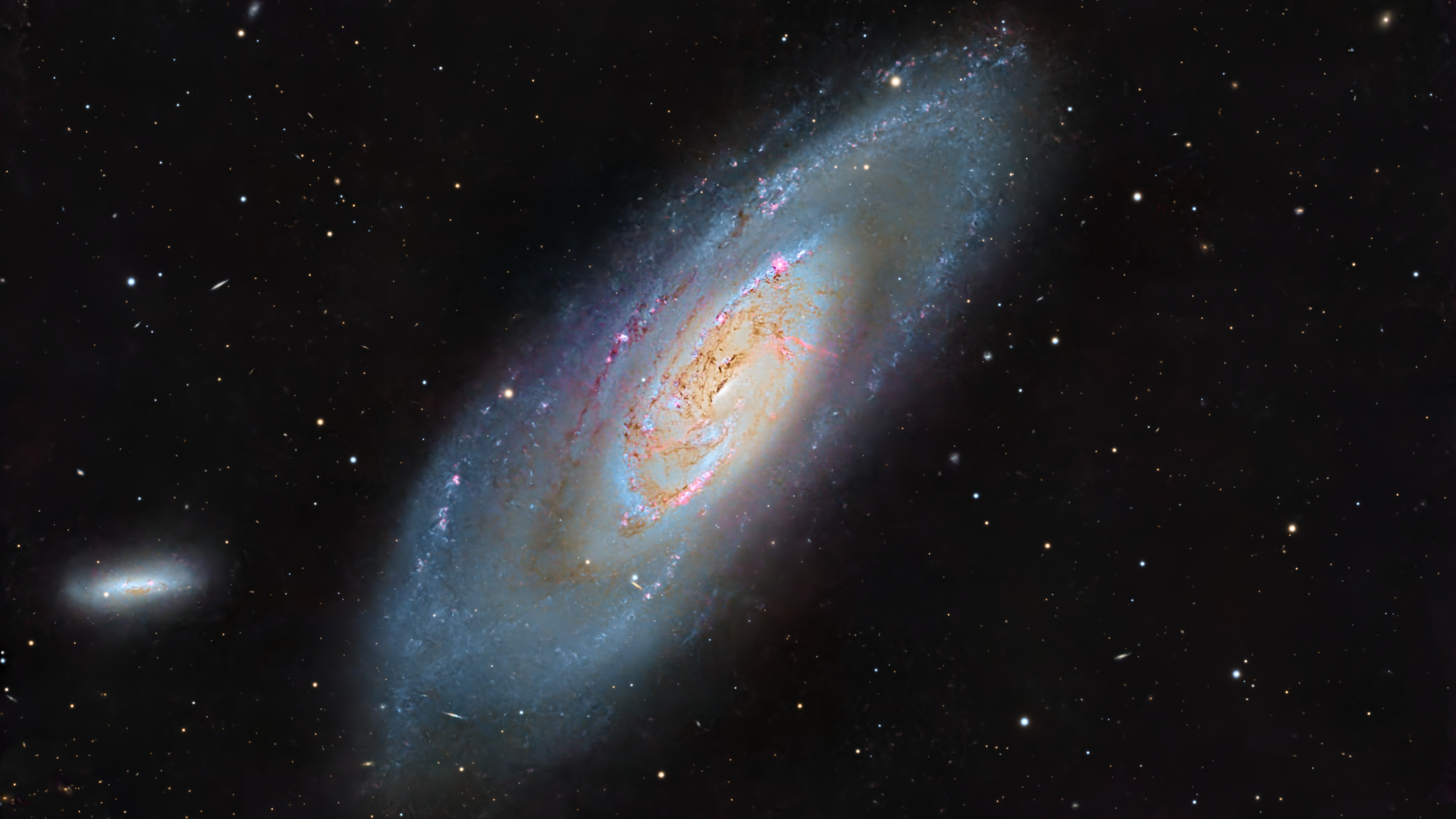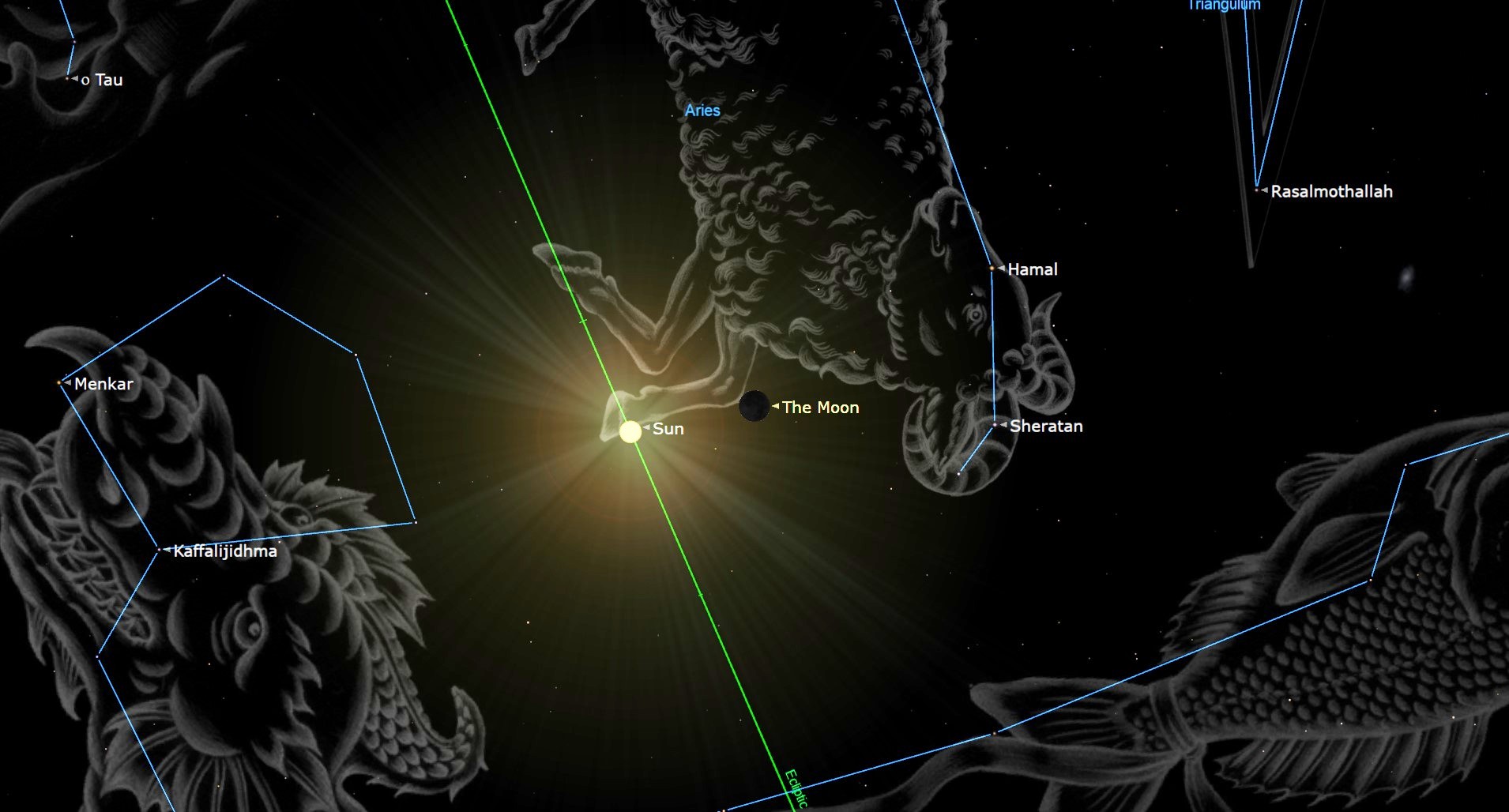NASA to Subject Monkeys to Radiation

NASA plans to subject a group of monkeys to radiation tostudy what might happen to humans on long-term space missions, such as trips tothe moon and Mars.
The research is the first time in decades that NASA has performedtests on primates, though the agency famously relied on the close humanrelatives to make some of the first foraysinto space in the 1950s.
"The overall objective of the planned studies with thenonhuman primates is to help NASA predict neurobehavioral effects of space radiation,which are among the most poorly understood health risks for astronauts,"NASA spokesman Bill Jeffs told SPACE.com.
The agency plans to aim high-energy gamma-ray radiation at27 squirrel monkeys, then observe how they perform tasks to see how they'reaffected, Florida Today reported. The experiment is meant to simulate the typeof radiation humans are exposed to in space. As NASA plans trips to fartherdestinations, people will be spending longer amounts of time outside theEarth's protective atmosphere, so more knowledge of the health effects isvital, NASA said.
"NASA-funded research has shown that simulated spaceradiation can affectnerve cells in culture and also the behavior of mice and rats, but thesestudies are limited in the extent they can be extrapolated to human behaviorand performance," Jeffs said. "Studies in nonhuman primates areessential to be able to best predict neurobehavioral effects of radiation onhumans."
But some animal welfare advocates object to the use ofmonkeys in research that could harm them.
A group of about 100,000 doctors, nurses and laypersonsrecently petitioned the space agency to put off the $1.75 million project,Florida Today reported, calling the experiment "one giant leap backwardfor NASA."
Get the Space.com Newsletter
Breaking space news, the latest updates on rocket launches, skywatching events and more!
The doctor planning to carry out the study for NASA, JackBergman of Harvard Medical School's McLean Hospital in Boston, declined tocomment for this story.
Other scientists who have worked with non-human primatesdefended the need for this type of research.
"Due to their phylogenetic proximity to human beings,non-human primates provide a research subject as close to humans aspossible," said Christian R. Abee of the University of Texas M. D.Anderson Cancer Center, who is not involved in the current project, butconsulted with NASA for earlier primate studies. "Therefore, they are theultimate translational science subject for many studies."
The upcoming study intends to expose the test monkeys to ablast of radiation roughly equivalent to what astronauts would be exposed to ona three-year space voyage ? the length of time it would take people to travelto Mars. Though the exposure will likely cause some cellular damage, itwill not kill the monkeys, NASA told Florida Today.
NASA maintained that the experiments would provide importantknowledge for designing future missions.
"Currently, there is no information regarding theeffects of space radiation on neurobehavioral function in nonhumanprimates," Jeffs said.
- The 10 Most Outrageous Military Experiments
- Should Human DNA Be Injected into Animals?
- Great Space Quizzes: Life in Orbit
Join our Space Forums to keep talking space on the latest missions, night sky and more! And if you have a news tip, correction or comment, let us know at: community@space.com.

Clara Moskowitz is a science and space writer who joined the Space.com team in 2008 and served as Assistant Managing Editor from 2011 to 2013. Clara has a bachelor's degree in astronomy and physics from Wesleyan University, and a graduate certificate in science writing from the University of California, Santa Cruz. She covers everything from astronomy to human spaceflight and once aced a NASTAR suborbital spaceflight training program for space missions. Clara is currently Associate Editor of Scientific American. To see her latest project is, follow Clara on Twitter.









